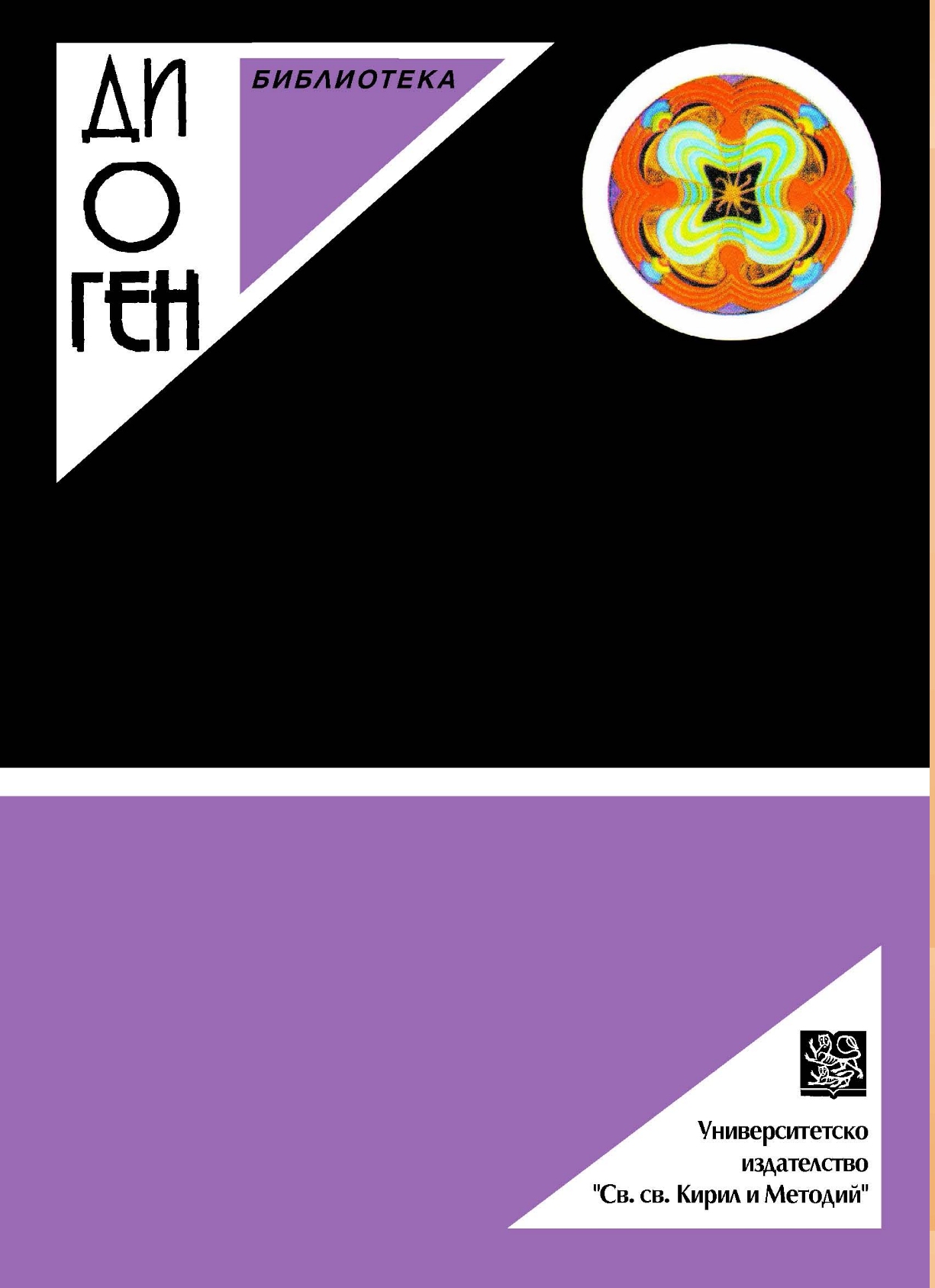Теорията на Георг-Хенрик фон Рихт за кризата на разума. Ролята на „безсилния“ оптимизъм и „провокативния“ песимизъм като modus vivendi
Georg-Henrik von Wright’s Theory of the Crisis of Reason. The Role of Powerless Optimism and Provocative Pessimism as Modus Vivendi
Author(s): Silviya SerafimovaSubject(s): Philosophy, History of Philosophy, 19th Century Philosophy
Published by: Великотърновски университет „Св. св. Кирил и Методий”
Keywords: Georg-Henrik von Wright; the Crisis of Reason; Instrumental and Technical Goodness; Instrumental Rationality; Value Rationality; Moderate Optimism; Powerless Optimism; Provocative Pessimism.
Summary/Abstract: G.-H. von Wright used to warn against the consequences of the crisis of reason to human condition. Inspired by the ideas of Aristotle, M. Weber, Horkheimer and Adorno, he elaborated the issue of how overcoming the crisis of reason requires providing a philosophical critique of the role of reason itself. As an important feature of this critique, I would point out the way von Wright modifies the idea of goodness in respect with accepting or denying a given type of rationality, insofar as the latter concerns our “attempts at orientation” in the world in von Wright’s sense. In this context, I will analyze how what the Finnish philosopher calls powerless optimism and provocative pessimism are two mutually dependent modus vivendi.
Journal: Диоген
- Issue Year: 26/2018
- Issue No: 2
- Page Range: 395-415
- Page Count: 21
- Language: Bulgarian

